Prime Minister Pham Minh Chinh speaks at the plenary session of the BRICS Summit in Russia, October 2024. (Source: VNA) |
On June 13, Brazil - the rotating chair of BRICS announced that Vietnam has officially become a partner country of BRICS. How does the Ambassador assess this development?
The Brazilian Government , as the rotating chair of BRICS, welcomed with great joy Vietnam's official accession to BRICS as a partner country. Vietnam's becoming a partner country of BRICS will contribute to increasing the group's potential, further affirming the role and position of BRICS in the international arena, as well as in the global trade value chain, while reinforcing the importance of multilateralism.
Brazilian Ambassador to Vietnam Marco Farani. (Photo: Jackie Chan) |
Vietnam is a stable country with a dynamic and efficient economy with clear growth targets and harmonious integration into the global value chain. Vietnam’s membership as a BRICS partner country is strongly welcomed and we expect Vietnam to play a proactive and positive role in promoting the goals of trade, investment, energy transition, environmental and social sustainability, enhanced connectivity and equitable access to innovation.
In an increasingly unstable international context with escalating conflicts, economic fluctuations, and rising protectionist trends that hinder trade flows and the prosperous development of countries, the role of BRICS is becoming increasingly essential.
Some typical figures demonstrating the potential of BRICS today include: BRICS accounts for 40% of the global economy, 23% of world GDP, 18% of international trade, 42% of the global population, 30% of the continent's area, equivalent to 3.2 billion people, 36% of global GDP by purchasing power parity (PPP), and 72% of the world's rare earth reserves.
According to the latest figures from the International Monetary Fund (IMF), while industrialized economies are seeing a slowdown in growth (from 2.7% in 2022 to 1.4% in 2023), developing countries in the global South are growing at around 4% this year. The emerging economies in the BRICS are increasingly proving to be the fastest growing region in the world.
Could the Ambassador share his expectations about his working trip to attend the 17th BRICS Summit this time?
This is the third time Prime Minister Pham Minh Chinh has visited Brazil, which is a great honor for us, demonstrating the special significance of the friendship and high level of trust between the two countries. The Prime Minister's first visit to Brazil was in 2023, opening a new phase in bilateral relations. During that visit, the Prime Minister held talks with President Lula da Silva, visited a number of leading Brazilian enterprises and met with business people.
Last year, Prime Minister Pham Minh Chinh also attended the G20 Summit in Rio de Janeiro, with a high-level delegation seeking cooperation opportunities with Brazil in areas such as sports, aviation, high-tech agriculture and energy transition. On this occasion, the two leaders announced the establishment of a strategic partnership, bringing bilateral relations to a new level.
The 17th BRICS Summit took place on July 6-7 in Rio de Janeiro under the coordination of the rotating presidency of Brazil. (Source: TGT Global) |
On this occasion, the Prime Minister returns to Brazil for the third time to attend the BRICS Summit as the leader of a partner country. I am confident that the Prime Minister will bring valuable contributions to the discussions of the summit. With his modern vision and international experience, Prime Minister Pham Minh Chinh will contribute many constructive views related to vital issues of developing countries such as energy transition, financial-economic cooperation and ensuring fair access to innovation.
How does the Ambassador assess the cooperation between Vietnam and BRICS in 2025 and prospects in the coming time?
BRICS brings together the world’s leading emerging economies and is a mechanism that places priority on removing economic bottlenecks – major challenges for developing countries. Therefore, building trade partnerships, accessing advanced technology, improving connectivity and attracting investment in infrastructure are always present on the BRICS agenda.
Vietnam can contribute a lot to that agenda because it is a model of dynamism, growth and stability, and strives to reconcile development goals with sustainable environmental, economic and social policies. These priorities are fully in line with the orientation and practice of BRICS, and contribute to strengthening multilateral cooperation.
In addition to promoting connectivity and strengthening supply chains, Vietnam can cooperate with other members in the fields of environment, energy transition, and innovative technology access initiatives. On the political-diplomatic front, like Brazil, Vietnam has demonstrated a strong commitment to promoting global peace and stability and supporting more representative global governance.
What are the main topics and focuses discussed at this BRICS Summit, Ambassador?
The 17th BRICS Summit, taking place on July 6-7 in Rio de Janeiro under the coordination of the rotating presidency of Brazil, has the theme: "Strengthening South-South cooperation for more inclusive and sustainable governance".
The agenda of the Conference will focus on discussing six main contents: Reforming the multilateral peace and security architecture; cooperation in the field of health; improving the international financial system; responding to the climate crisis; artificial intelligence; strengthening BRICS institutions, expanding participation and dialogue with different social groups.
Prime Minister Pham Minh Chinh met with Brazilian President Lula da Silva on the occasion of his State visit to Vietnam in March 2025. (Photo: Nguyen Hong) |
Regarding bilateral cooperation, could the Ambassador share some outstanding achievements in Vietnam-Brazil relations in recent times?
Brazil and Vietnam have maintained a positive and balanced political and economic relationship over the past 36 years since the establishment of diplomatic relations. However, I must emphasize that in recent years, bilateral relations have made great strides, thanks to high-level visits and the desire on both sides to expand cooperation opportunities.
This is evident in the record-breaking bilateral trade turnover of US$8 billion. Dialogue in the field of science, technology and innovation has been strengthened, an action plan in the field of defense has been signed, and cooperation in high-tech agriculture has been enhanced. Energy transition has emerged as an important area of cooperation.
This year marks a special milestone in bilateral relations, with the State visit to Vietnam last March by President Lula da Silva, accompanied by a large business delegation and many high-ranking officials of the Brazilian National Assembly and Government. On this occasion, the two governments issued a Joint Statement, emphasizing specific steps such as opening the Vietnamese market to Brazilian beef, recognizing Vietnam as a market economy, and many other important decisions associated with the gradual implementation of the Action Plan within the framework of the Strategic Partnership.
President Lula da Silva's visit to Vietnam was accompanied by a large business delegation and many high-ranking officials of the Brazilian Congress and Government. (Photo: Nguyen Hong) |
What are the key cooperation areas between the two countries in 2025? What do the two sides need to do to promote relations, especially in new areas of cooperation, Ambassador?
In 2025, the two countries will continue to implement the goals of the Action Plan signed during President Lula da Silva's visit, thereby gradually expanding the market in both directions.
Brazil and Vietnam have many similarities and complementarities, which are favorable factors for building a sustainable partnership and expanding bilateral trade. In the context of rapid development of artificial intelligence, green economy and high technology, integrating innovation into economic and trade cooperation is extremely necessary.
I believe that the two countries have good prospects for cooperation in the field of energy transition, a field in which Brazil has a lot of practical experience and is a global model for renewable energy and the ethanol program.
Cooperation in the field of high-tech agriculture is also noteworthy. JBS Group - one of the largest agricultural enterprises in Brazil - has just announced plans to invest in two meat processing plants in Vietnam with a total initial investment of 100 million USD. This could help Vietnam become a regional distribution center in this field in Southeast Asia.
In addition, there is great potential for cooperation between the two countries in cyber security, semiconductors, digitalization, green agriculture, biofuels and new farming technologies, including forest restoration. I am fully confident that the positive results of the current dialogue between the two governments will continue to produce solid results in bilateral and multilateral cooperation in the years to come.
Thank you very much Ambassador!
Source: https://baoquocte.vn/dai-su-brazil-thu-tuong-pham-minh-chinh-se-nhung-dong-gop-gia-tri-cho-cac-van-de-song-con-tai-hoi-nghi-thuong-dinh-brics-319777.html



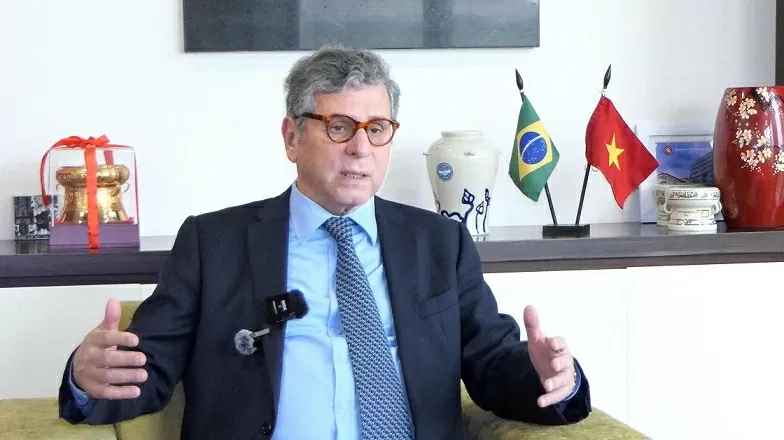
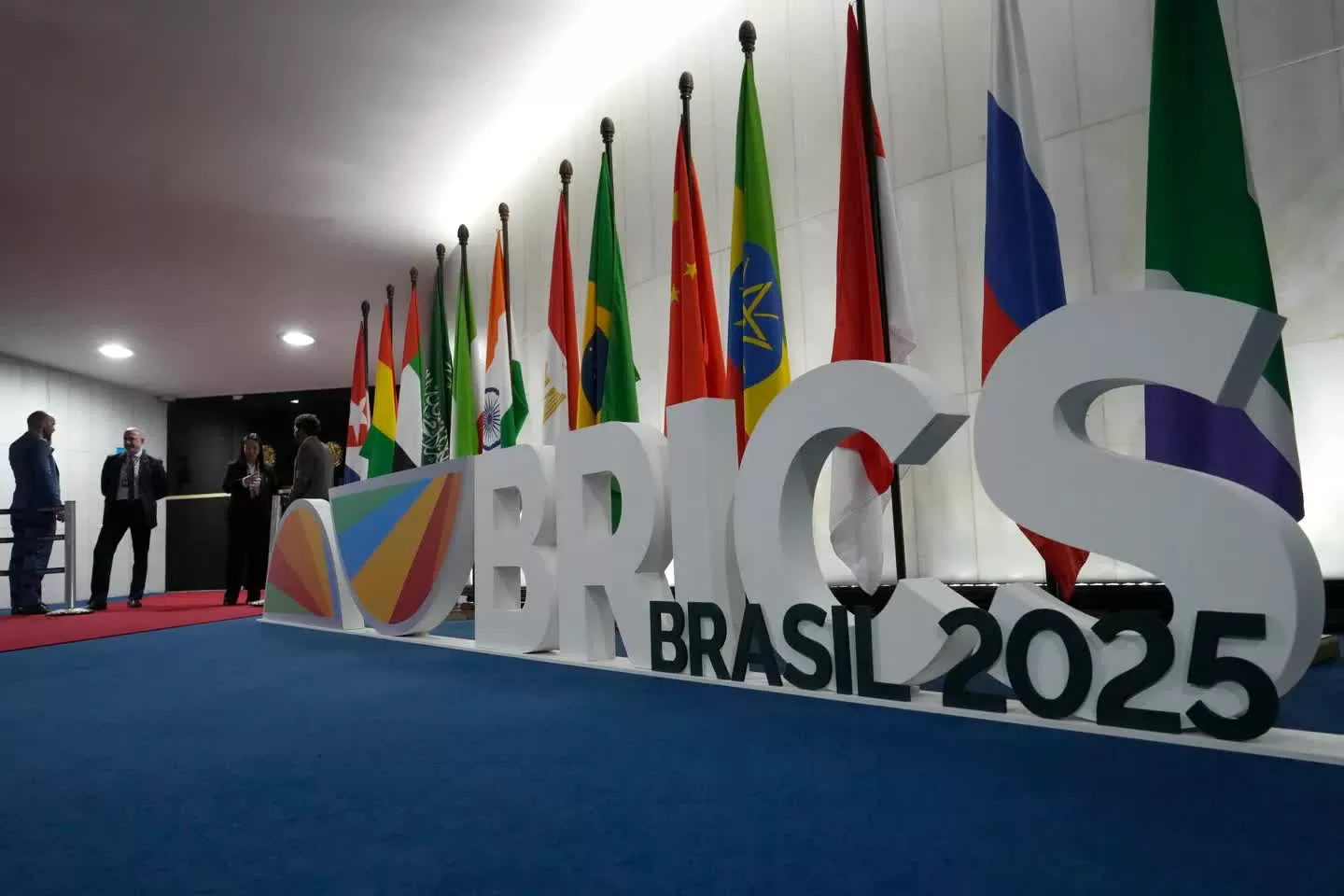
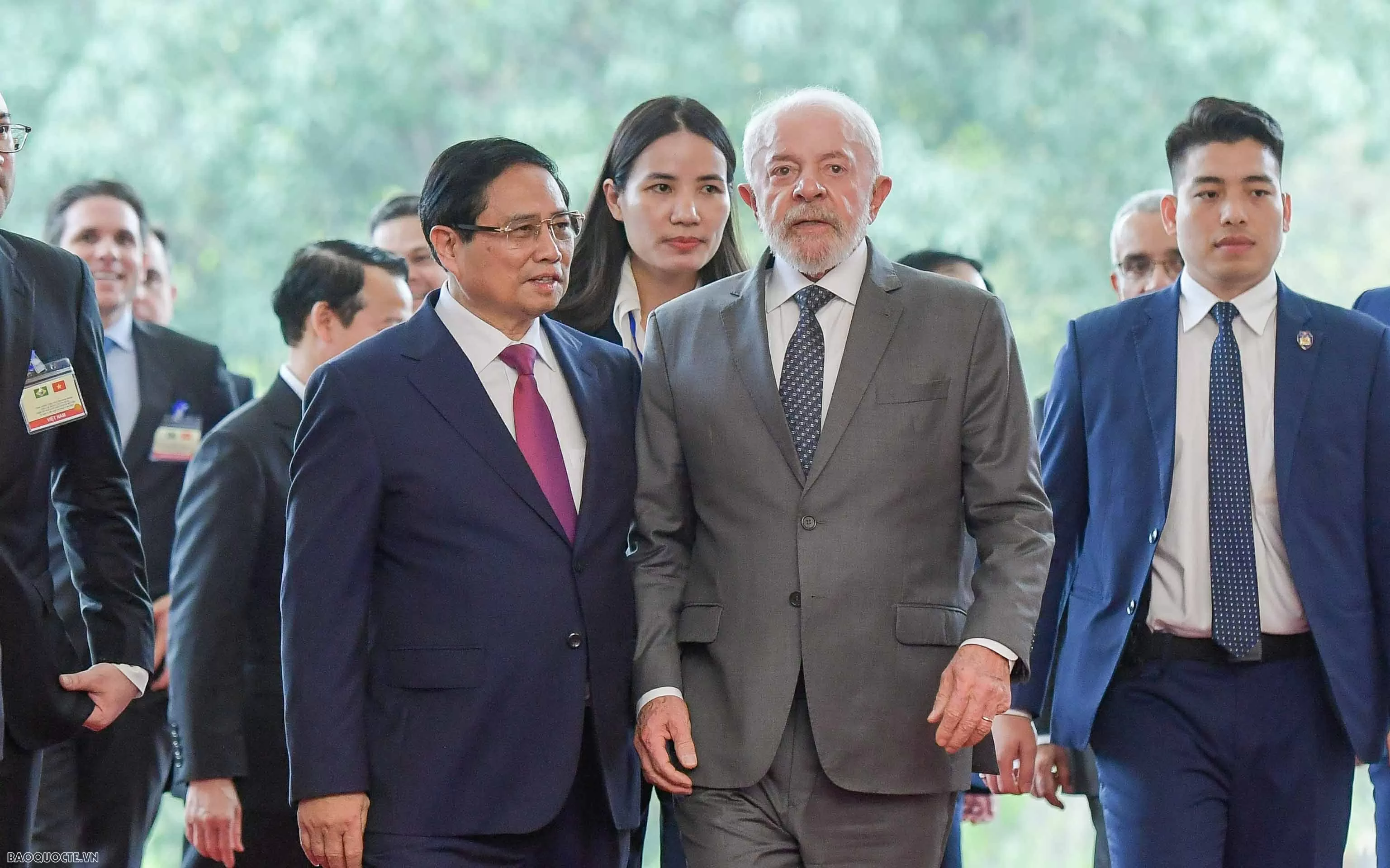
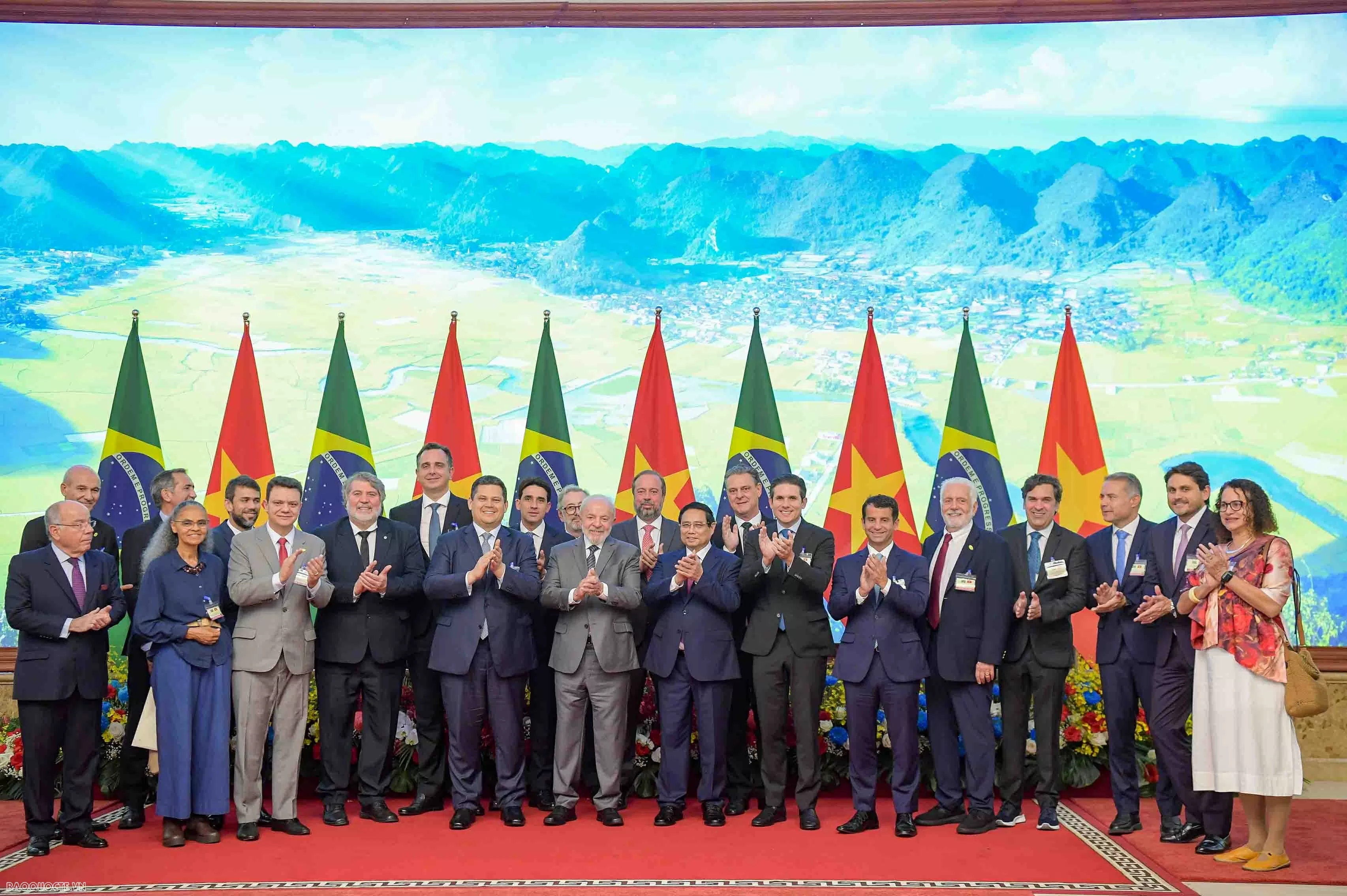
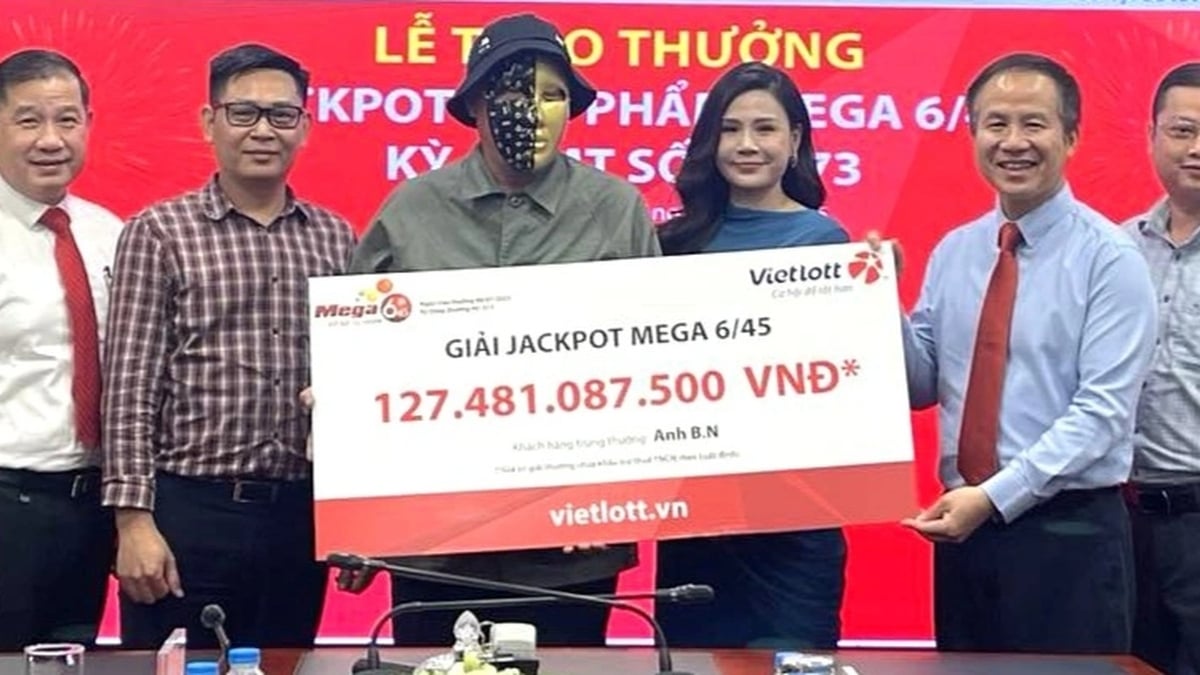



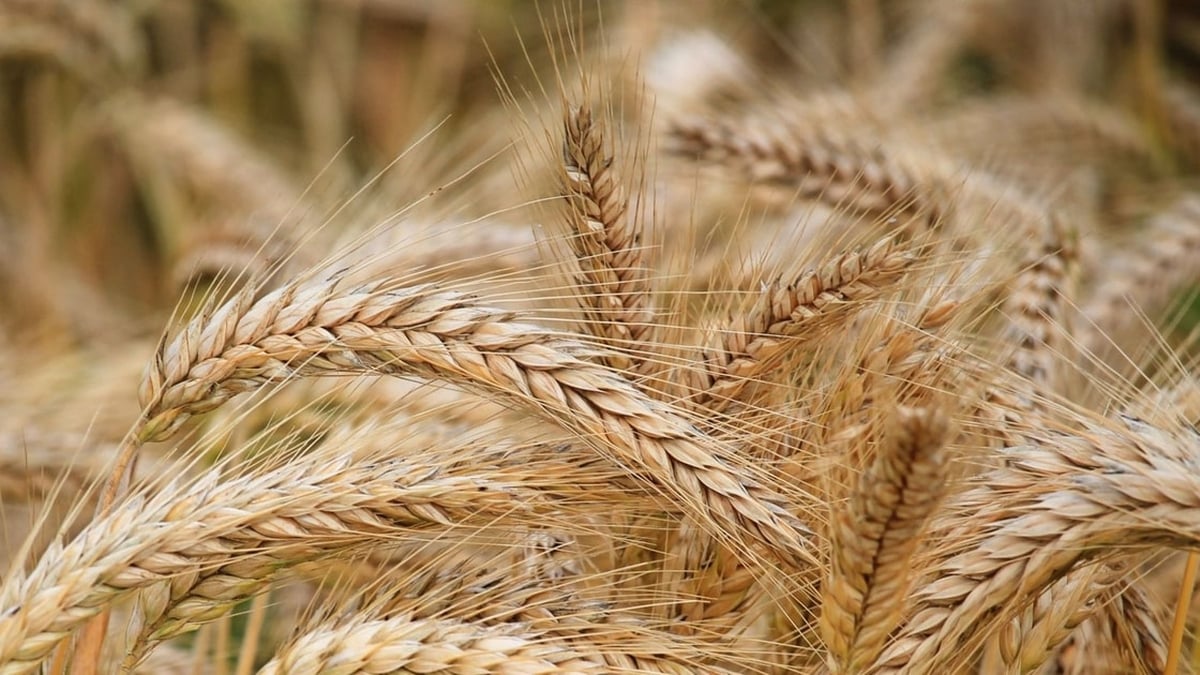
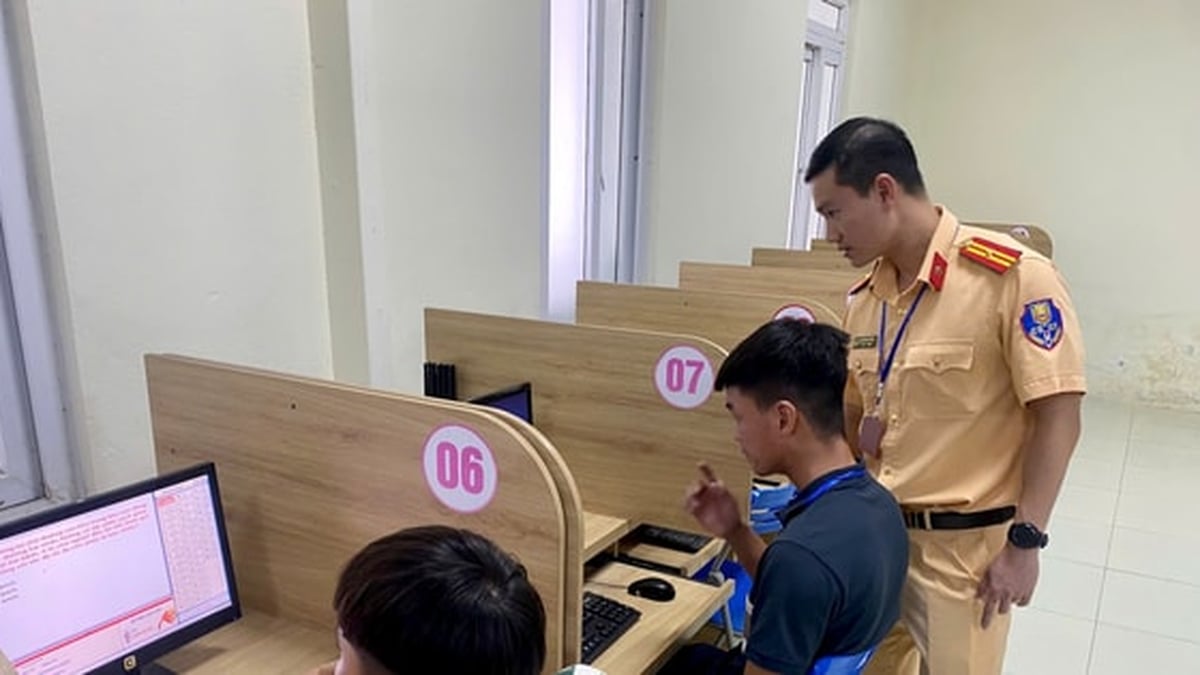
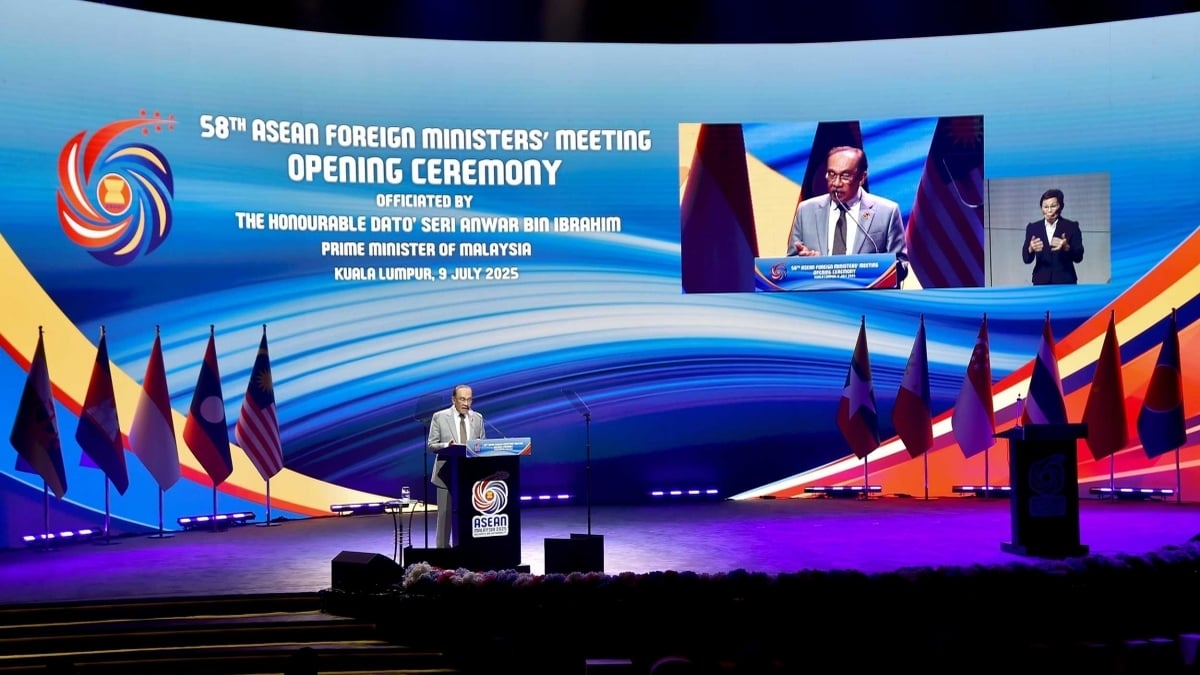
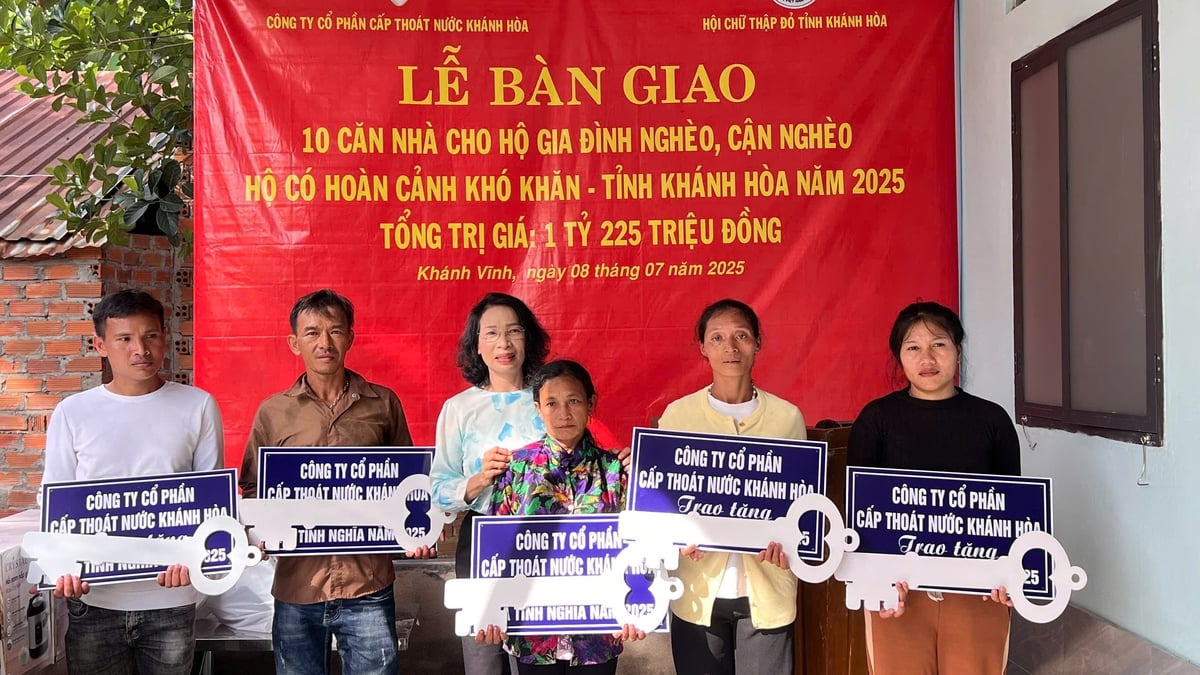
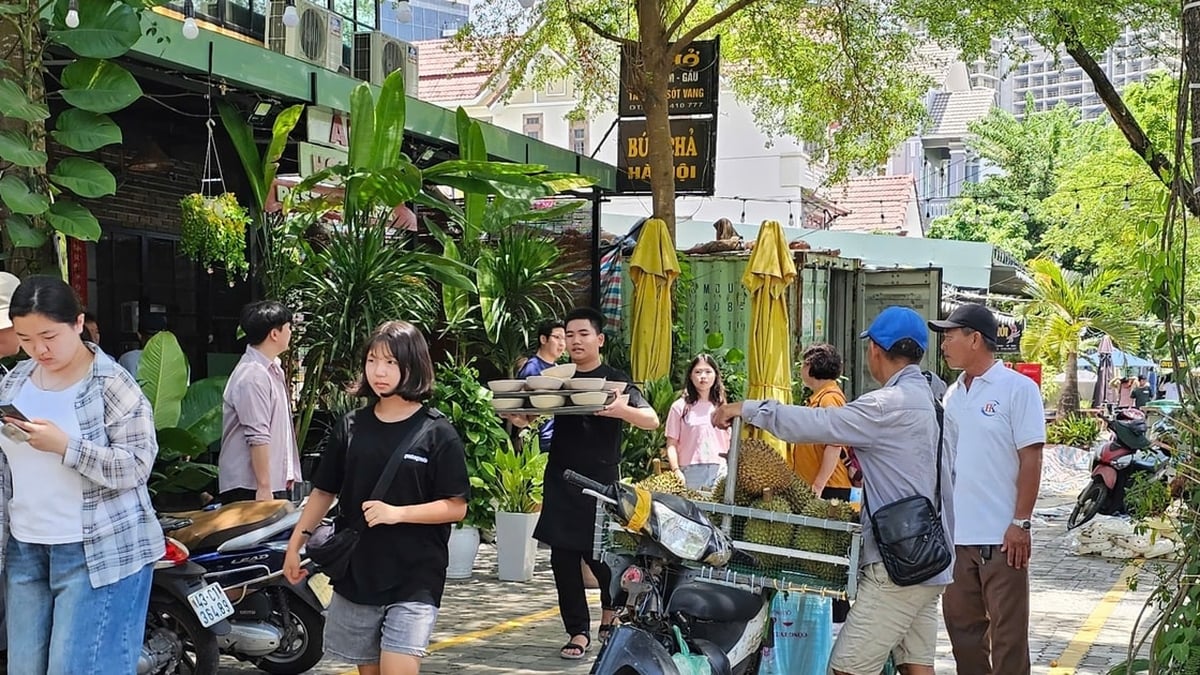
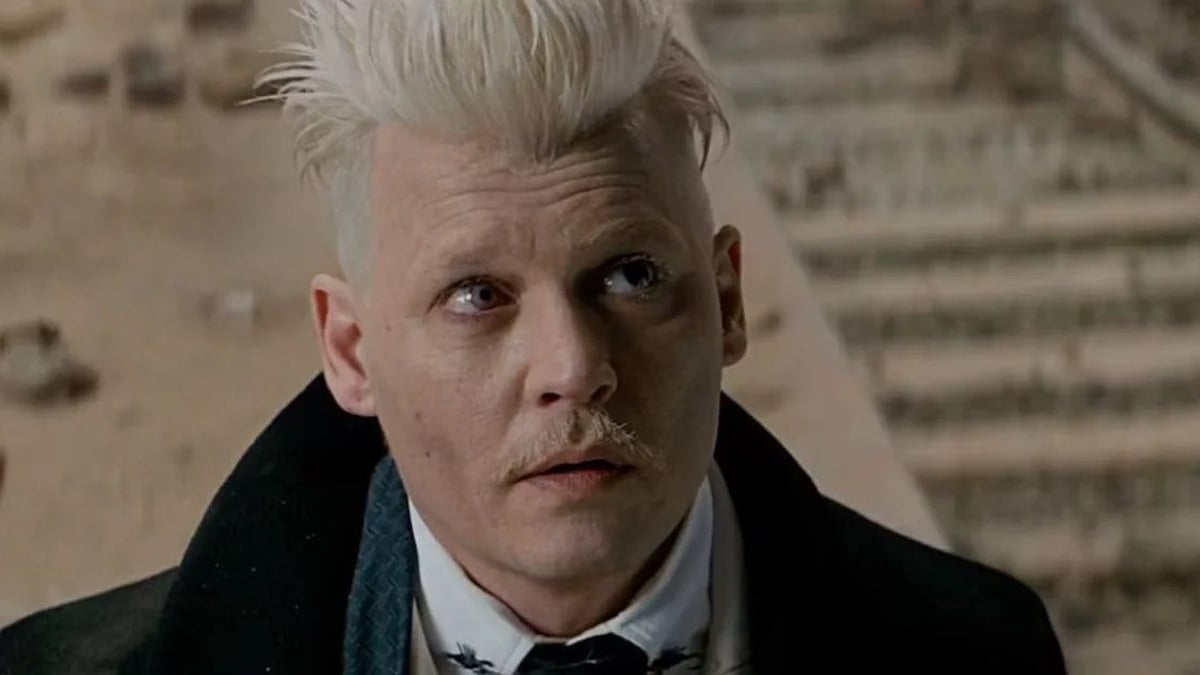












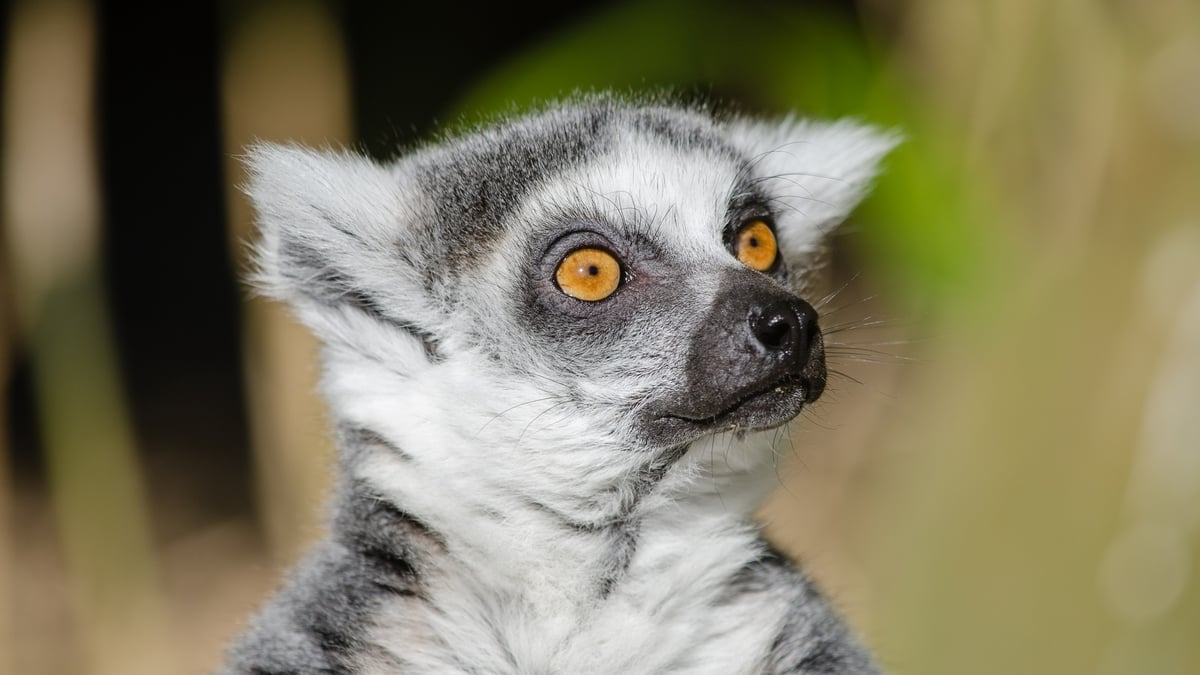





























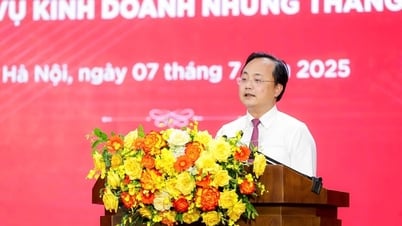

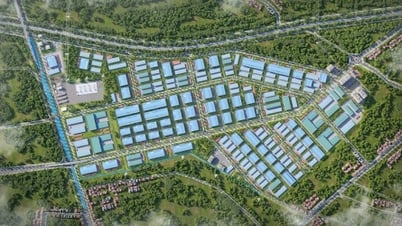







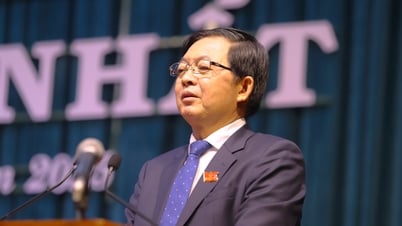
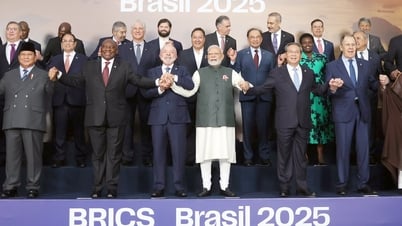

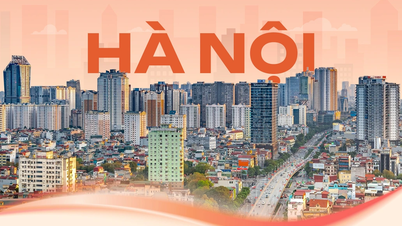
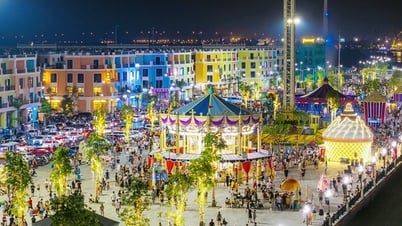

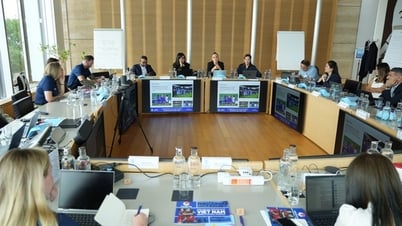
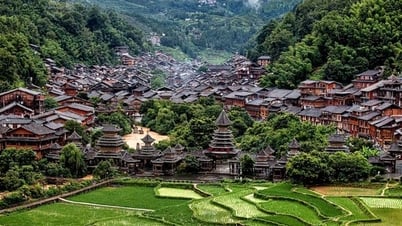
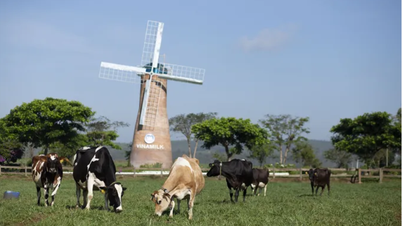

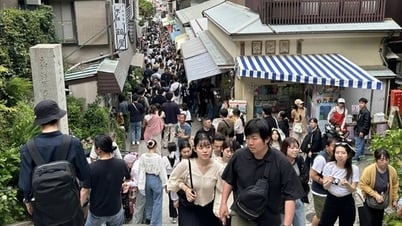
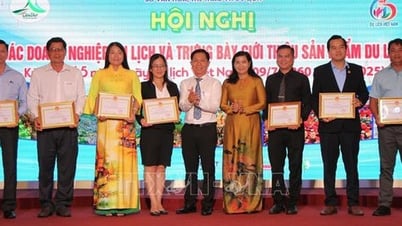







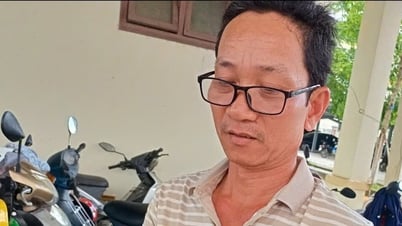

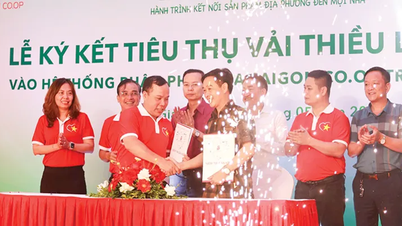

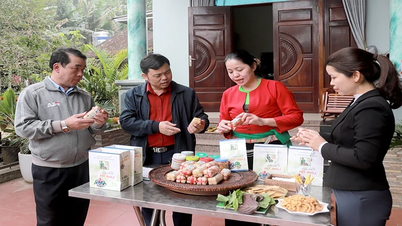







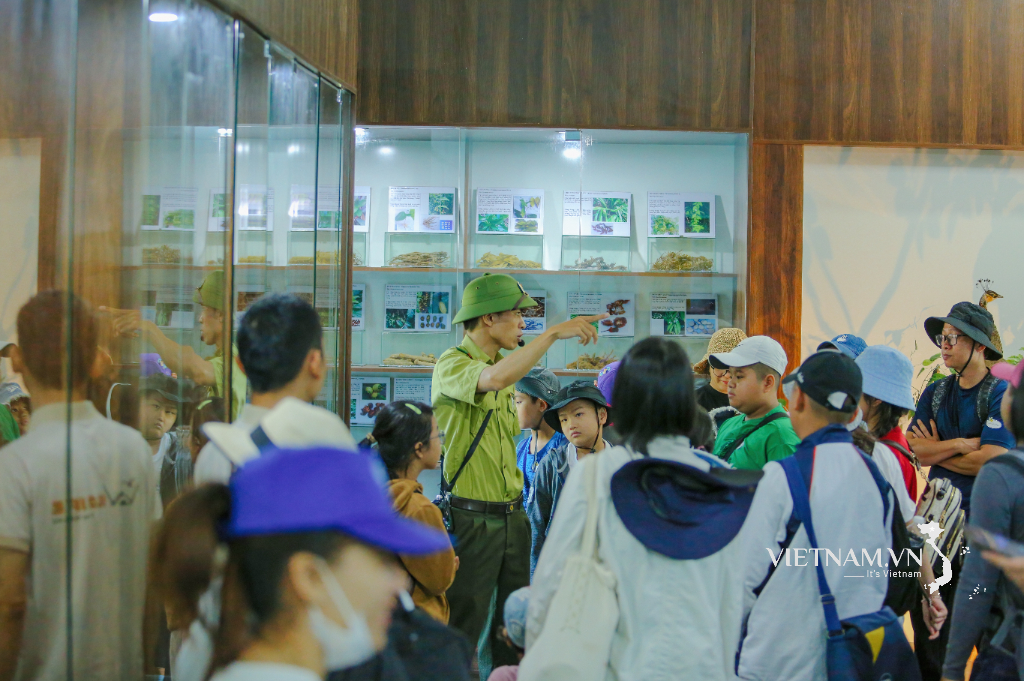
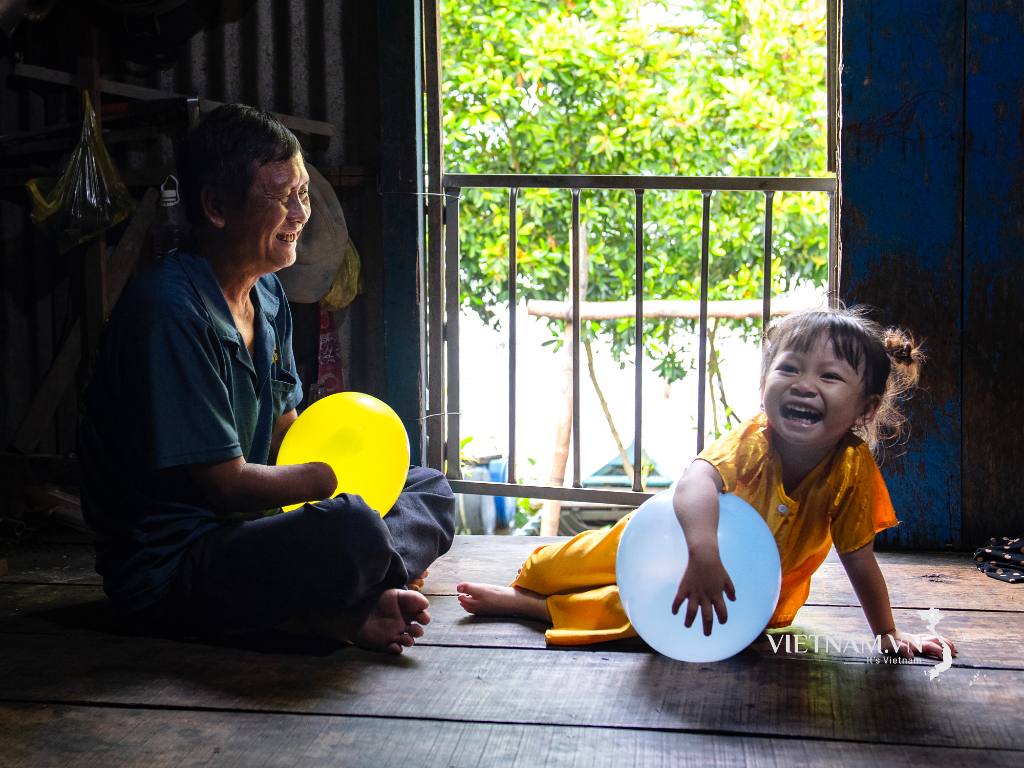
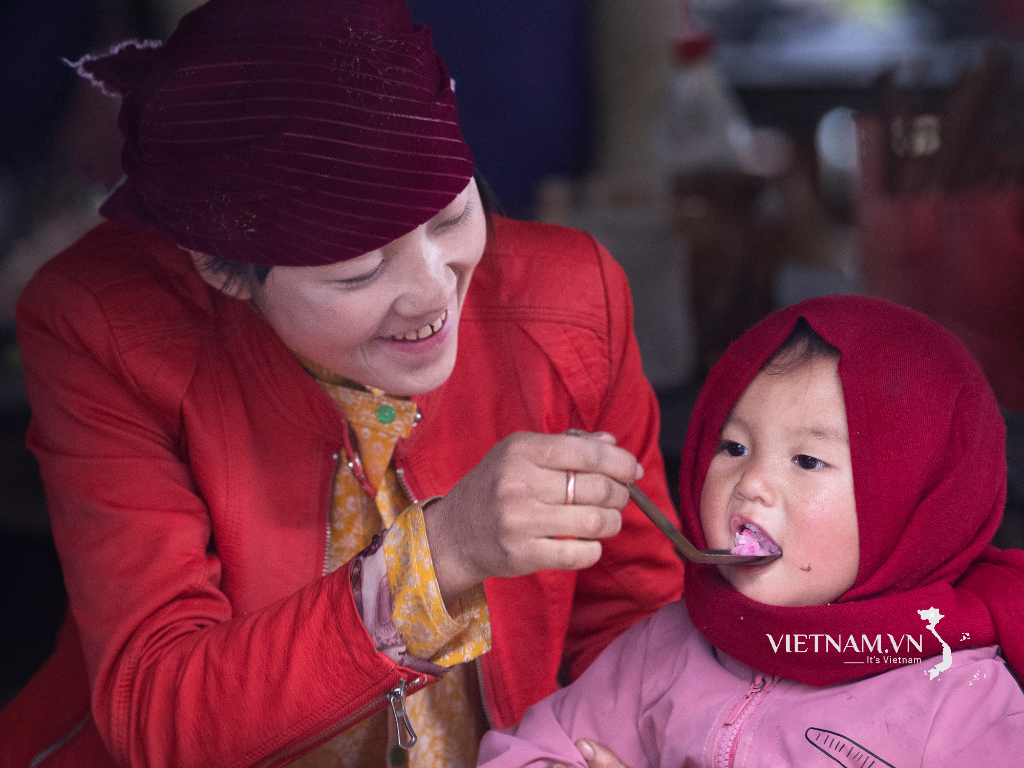
Comment (0)